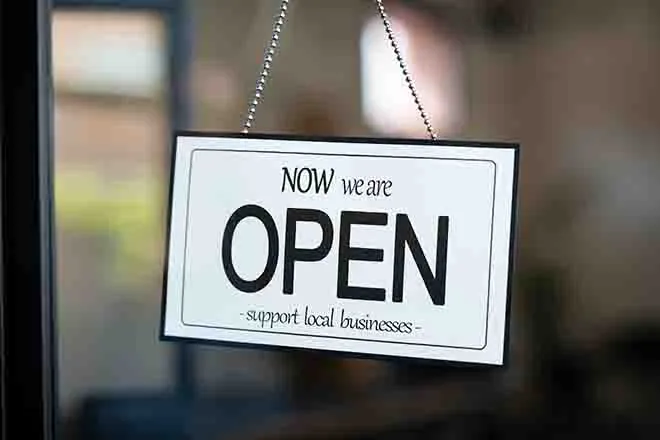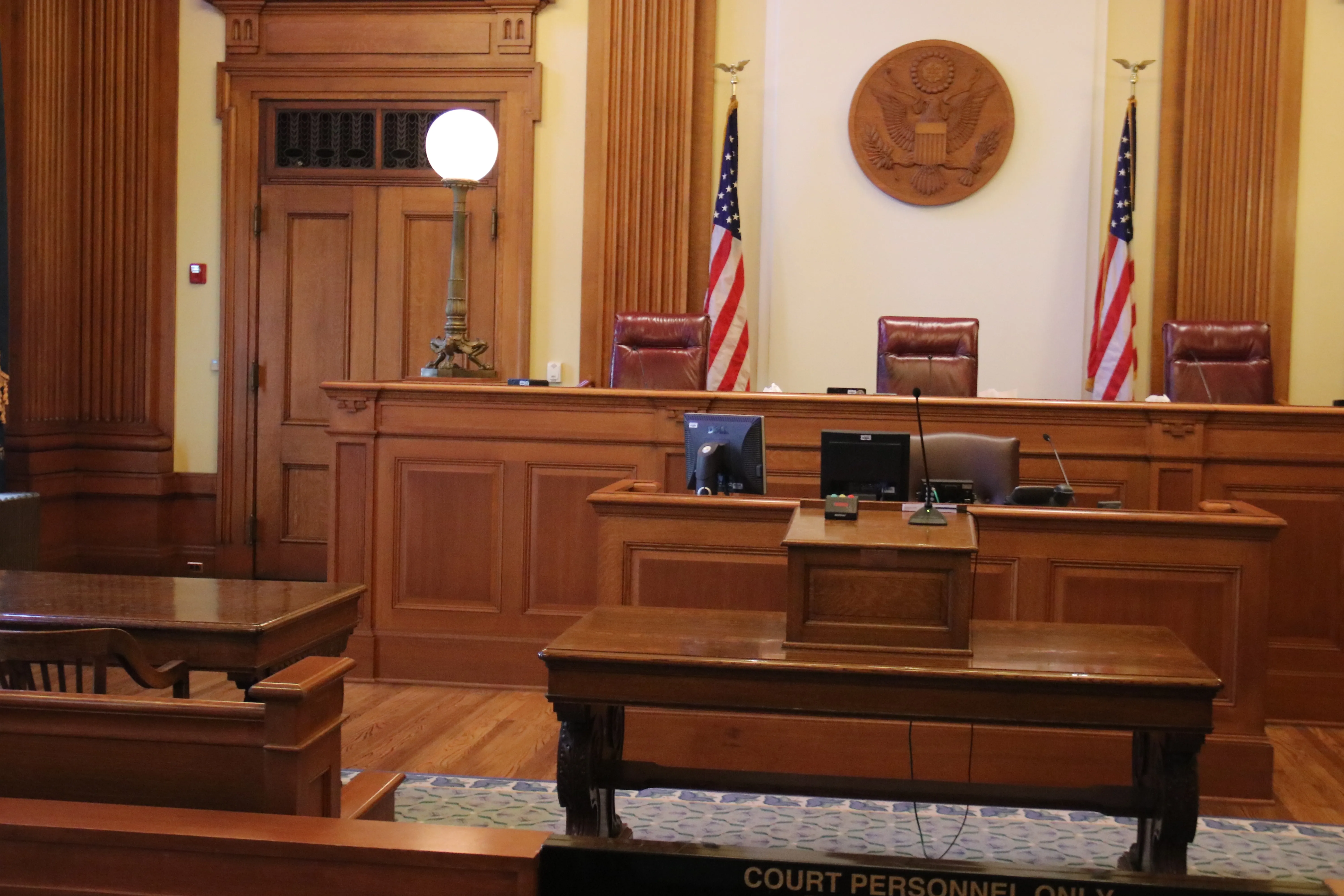
Debate over legalized marijuana in South Dakota heating up
(The Center Square) – A ballot measure that would legalize recreational marijuana in South Dakota if approved is drawing passionate debate from both sides.
Initiated Measure 27 would allow persons 21 and older to legally possess more than an ounce or marijuana or three marijuana plants if no licensed marijuana retailer is in the person's area.
Voters passed the measure in 2020. The South Dakota Supreme Court ruled it was invalid because it violated the state's single issue rule for constitutional amendments by mentioning both medical marijuana and recreational marijuana.
IM 27 does not address taxation or how revenue from any taxes would be distributed. That would be left up to the South Dakota Legislature to decide if the measure passes.
That leaves organizations on both sides focused on the effects of marijuana and they have very different opinions.
Jim Kinyon said he is a political novice but as a therapist, felt as if he had to get involved in opposing IM 27. He is chairman of Protecting South Dakota Kids. Kinyon says legalizing marijuana would burden an already strained mental health system.
"Without a doubt, the preponderance of the evidence is marijuana is a dangerous drug," Kinyon said. "It creates and causes, particularly in children, brain damage."
The marijuana of today is not the same as the marijuana in the past, which makes it more dangerous," Kinyon said.
"Most people think about marijuana as it was in the 1960s when it had 1-3 percent THC," Kinyon said. "It's between 15-20 percent now. That's just the weed that you smoke. The difference between the two drugs would be like a kid drinking a beer and a kid drinking a gallon of Everclear."
Everclear is a grain alcohol that has a high volume of alcohol.
The South Dakota State Medical Association is also asking voters to reject IM 27. The organization said in a statement earlier this month the drug could cause several negative outcomes, including impaired motor skills, short-term memory problems and lung issues.
"While the state may generate revenue through taxes on marijuana sales, the costs to society in terms of public health and safety should not be minimized," the SDSMA said in its statement.
Claims that marijuana is a "gateway drug that can expedite addiction issues have been debunked," said Matthew Schweich, campaign director for the Yes on 27 Campaign.
"It's fundamentally unfair to criminalize cannabis users while allowing people to use alcohol, the worst substance," Schweich said. "It's worse for society. It's worse for the individual."
Enforcing criminal marijuana laws is a burden on law enforcement, according to Schweich.
Legal "cannabis allows law enforcement to focus on real crime,'' Schweich said. "We're not going to waste the time and resources of our police, our prosecutors and our courts on cannabis cases. it's going to improve access to medical cannabis. It's still too hard for physicians to prescribe it."
A marijuana conviction can follow someone the rest of their lives," Schweich said.
"It can create problems with employment opportunities, housing, education and even military service," Schweich said.
A poll released last week from South Dakota State University shows 47 percent of voters would reject the amendment while 45 percent would vote "yes." Eight percent of the 565 register voters polled were undecided.
















